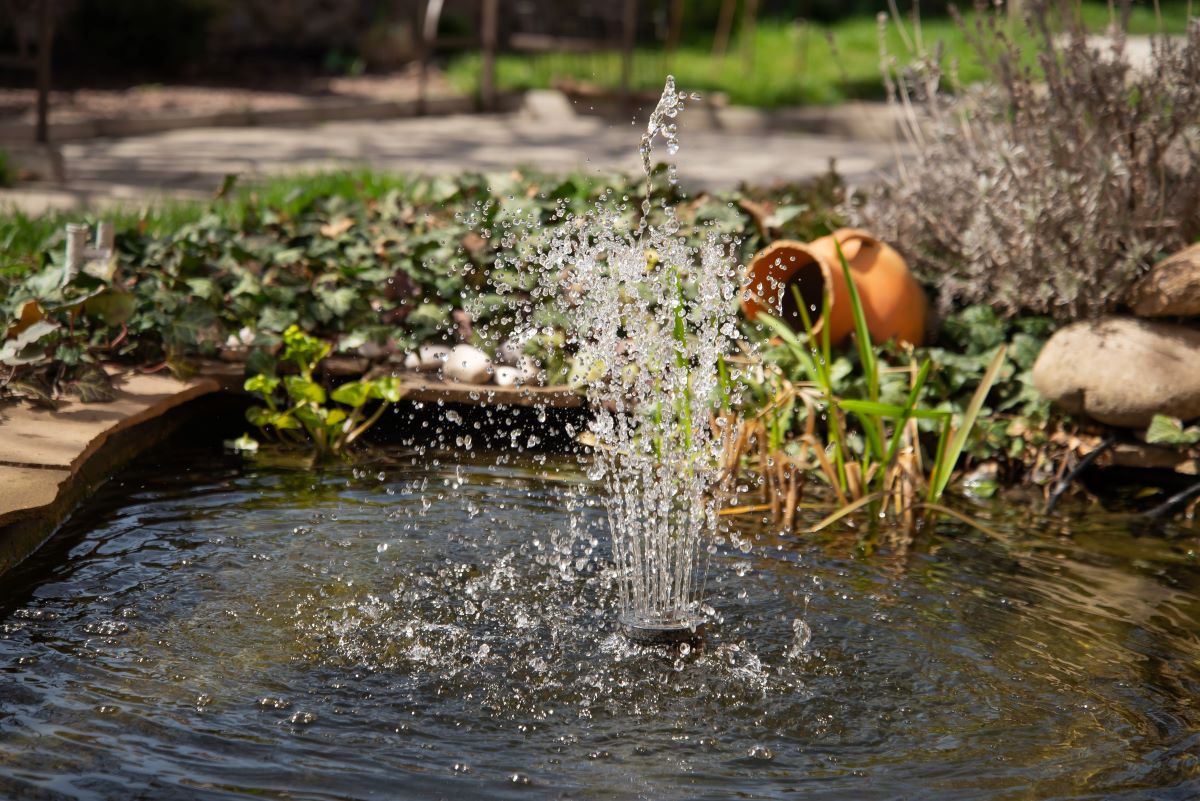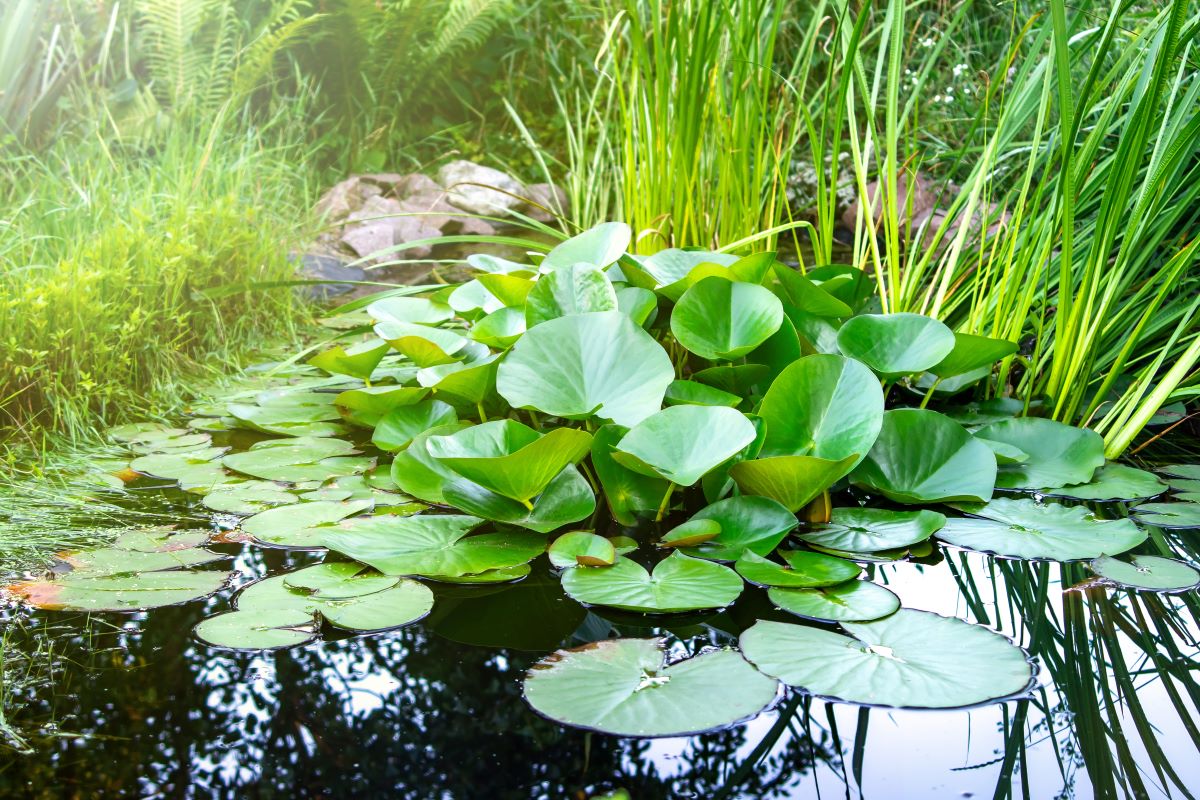Aquatic plants instead of goldfish: how garden ponds can help conserve biodiversity
Ornamental garden ponds support the survival of numerous protected species, especially if they are not overcrowded with exotic fish. A study conducted by researchers from the HUN-REN Centre for Ecological Research (HUN-REN CER) with public participation and published in Urban Ecosystems, also shows that Hungarian garden ponds are among the larger ones in Europe.
Although owners are usually unaware of it, garden ponds often develop valuable communities, thus supporting the survival and spread of aquatic organisms, even in urban environments. HUN-REN CER researchers are investigating the ecological role of such aquatic habitats: "This study was part of our citizen science project on garden ponds, which aims to raise awareness of the importance of small ponds. We want to show members of the biodiversity conservation community how their garden creations can perform important ecological functions," said Andrew Hamer of the Institute of Aquatic Ecology and lead author of the study. According to Hamer, one of the key findings is that for a garden pond to develop a truly valuable aquatic ecosystem, it must be free of fish—especially exotic fish—that consume smaller animals, their food, and their eggs.

An online questionnaire completed satisfactorily by 753 respondents revealed that most people build garden ponds with the intention of stocking them with fish later. However, the ecological communities in fish ponds are actually less diverse than in ponds where amphibians and invertebrates can live and breed without large predators. According to the data, the average area of urban garden ponds in Hungary is approximately 20 square metres, placing them among the larger ones in Europe.

“Ideally, no fish should be introduced into garden ponds, but we must accept that most people start building ponds specifically for fish. However, there are methods of designing a pond to provide a suitable habitat for other animals as well. The most important step is to plant vegetation where native species can hide, thus reducing their chances of being preyed on by fish,” emphasised Andrew Hamer.

